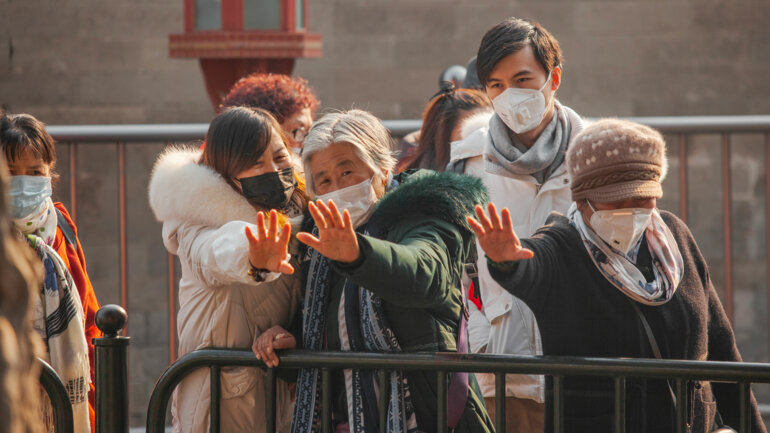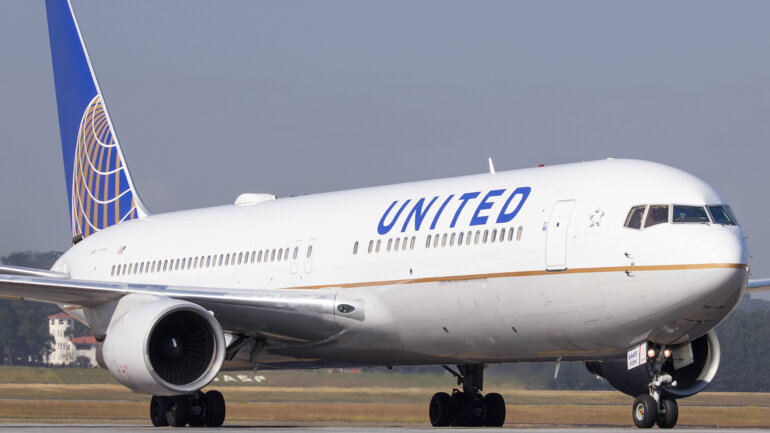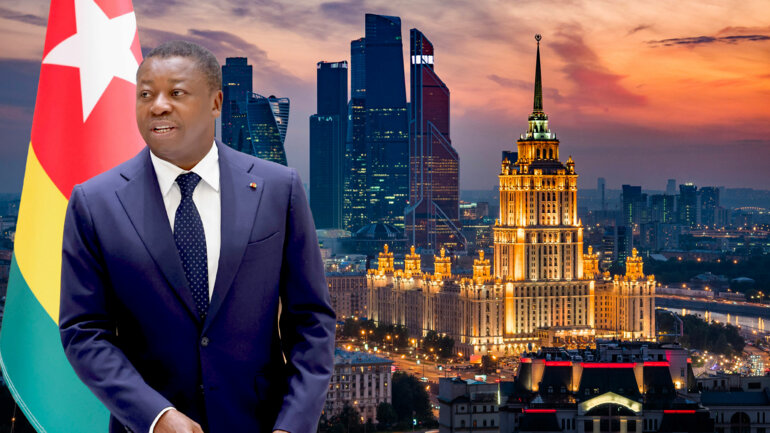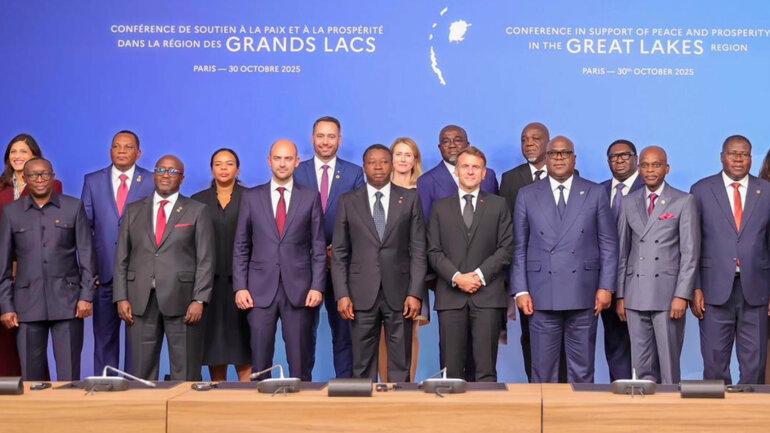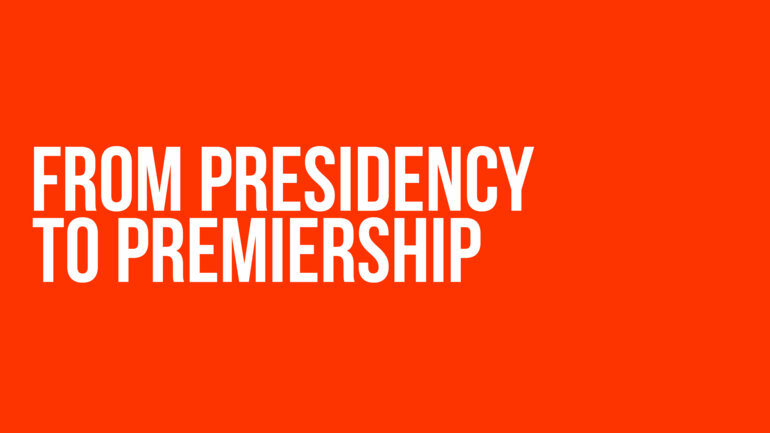
- Diplomatie
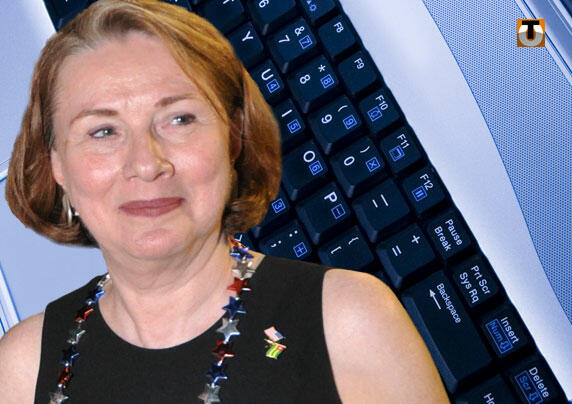
World Day of Press Freedom - whose theme this year is the media of the XXI Century: New Frontiers - will be celebrated on May 3. The most significant events take place in Washington DC and New York (USA) but other celebrations, local or regional, will be held around the world.
On this occasion, Patricia M. Hawkins (photo), the Ambassador of the United States to Togo, said in the Tribune published below, that "as the world evolves, the definition of freedom of the press is changing, too. Citizen journalism and the use of social networks play a crucial role in the drama now unfolding in the Middle East and Africa." A reminder about the use of Facebook and Twitter in the revolutions in Tunisia and Egypt.
As the world changes, the definition of press freedom is changing, too.
By Ambassador Patricia M. Hawkins
From the rural villages of Tunisia to the streets of Benghazi, Abidjan as a global community, we are facing a transformative moment in our history. Around the world people are calling out for greater freedom, transparency, and self-determination, and the press, via the satellites of Al Jazeera, international TV channels, the Tweets of protestors and the work of courageous photojournalists, is on the frontline everywhere.
On May 3, World Press Freedom Day, we remember the cost individuals pay to provide our news, and pay tribute to the individuals who sometimes pay that price with their own freedom, and sometimes with their lives, to keep us well-informed and aware of the truth.
World Press Freedom Day, observed annually across the world, was established by the United Nations to celebrate the principle of press freedom and commemorate those who died in trying to exercise them. For these reasons, the United States has partnered this year with the United Nations Educational, Scientific, and Cultural Organization (UNESCO) to hold the official global commemoration of World Press Freedom Day for the first time.
This year’s theme could not be more prescient: “21st Century Media: New Frontiers, New Barriers.” The establishment and fostering of an independent, pluralistic, and free press is essential to the development of civil societies and democracies across the globe.
As the world changes, the definition of press freedom is changing, too. Citizen journalists and social media users are playing a leading role in the drama unfolding today in countries in the Middle East and Africa. In many countries in the region - including Tunisia, Egypt, Libya, Yemen, and Syria - the internet is serving as a catalyst for journalists, activists, and citizens alike to connect with each other and share their stories and calls for change with the world.
In this new public space, crowded with news and chatter, journalists play an essential role in searching for truth, analyzing trends, maintaining credibility, and providing reports to serve the public good. Undoubtedly, the arrival of the digital age – the evolution of the Internet, the emergence of new forms of media and the rise of online social networks – has sparked new debate about what it means to be a journalist, what role bloggers play, and what the effect of a blurring of lines between citizen journalists and professionals will be on the media of today and tomorrow.
The internet is the global gateway. It has amplified demands for freedom of expression, facilitated vibrant and open discussions on a wide range of topics, and connected citizens with each other around the world. Access to information has been profoundly altered with the arrival of the digital age.
“We were unplugged for five days, no Internet connection no mobile devices. We were like in a big prison in Egypt,” says Egyptian blogger Dalia Ziada, in explaining what it felt like when former President Hosni Mubarak’s regime switched off the power to the Internet and blocked mobile phone communications in an attempt to stifle press freedom and the freedoms of citizens to access information and assemble peacefully, but this silence did not stop people from gathering in the streets to demand change. “The civil rights movement is not new,” Ziada explained, “But it did not succeed until the Internet appeared and social networks like Facebook and Twitter attracted larger number of Egyptians.”
As Secretary of State Hilary Clinton said earlier this year: “The Internet has become the public space of the twenty-first century—the world’s town square, classroom, marketplace, coffeehouse and night club. We all shape and are shaped by what happens there, all two billion of us and counting.”
In 2011, 16 journalists were killed on the job, bringing this grim total to 861 killed since 1992, when the Committee to Protect Journalists began to tally the deaths. According to the Committee, there are currently 145 journalists held in prisons worldwide, and others currently missing or detained, including South Africa’s Anton Hammerl. South Africa’s own Joao Silva continues to recover in the United States from injuries sustained in Afghanistan. His exceptional courage in reporting the truth from the battlefield, and now his personal courage in his recovery, sets a standard.
On this World Press Freedom Day, it is up to each of us to honor their legacy and do all we can – both virtually and in reality – to support their freedom, and press freedom, as a fundamental right to be enjoyed by everyone, everywhere.
On World Press Freedom Day, we also honor those Togolese journalists who are brave enough to speak truth to the government, even when that truth is uncomfortable for the leaders. The role of a journalist is that of a watchdog, a guardian for the guardians. If a free press does not hold the powerful accountable, then citizens are often without recourse. One of America's greatest journalists, Edward R. Murrow, said, “We must not confuse dissent with disloyalty." We also must not confuse truth-telling with political opposition. The greatest patriots are sometimes the most critical citizens. As one of greatest patriots, Nelson Mandela said, “For to be free is not merely to cast off one's chains, but to live in a way that respects and enhances the freedom of others.”
“When a free media is in jeopardy,” Secretary of State Hillary Clinton has said, “all other human rights are also threatened. So in that spirit, let us continue to champion those who stand for media freedom – and expose those who would deny it. And let us always work toward a world where the free flow of information and ideas remains a powerful force for progress.”

